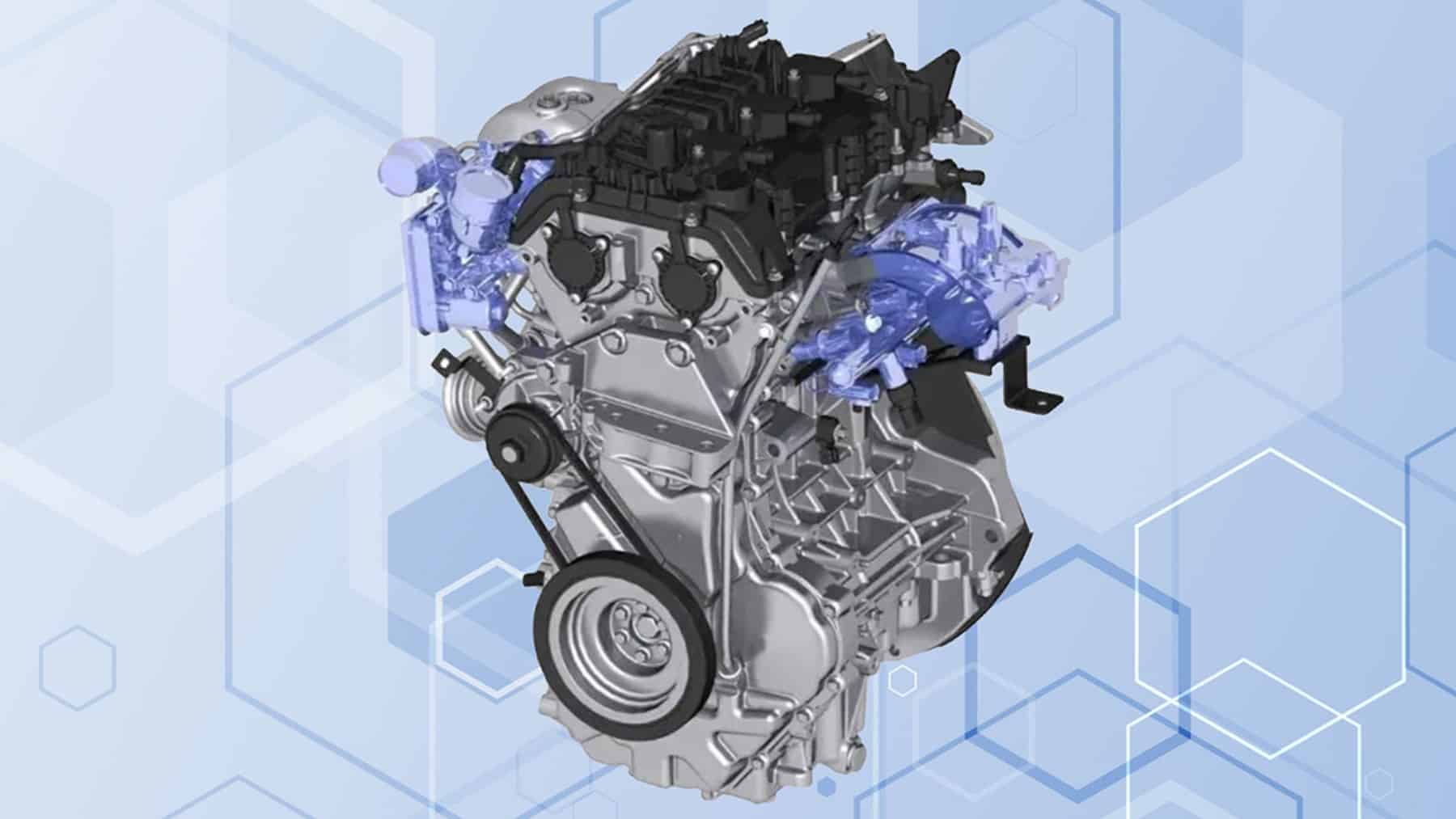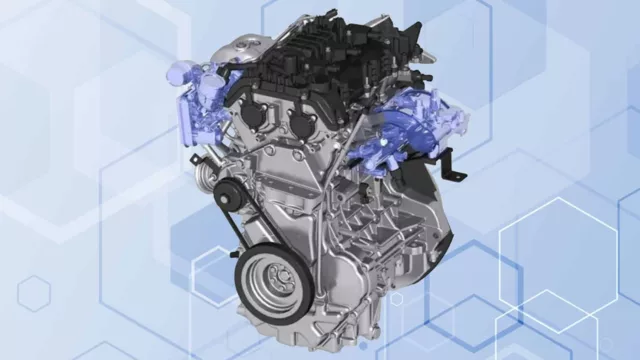
As the automotive world debates about alternatives for the energy transition and different types of fuel, China, known for its high capacity to invest in innovations, has presented an unusual new direction. Instead of investing heavily in hydrogen-powered cars like Japan, the country has just presented something more curious: the first engine powered by ammonia. Yes, the compound widely used in cleaning products and known for its strong smell, could also power the future of transportation.
A Chinese Bet against the hydrogen hegemony
Guangzhou Automobile Group (GAC), during its annual GAC TECH DAY 2023 conference, unveiled a bold prototype to the world, an internal combustion engine, powered 100% by ammonia. This choice has a logical point. Ammonia (NH3) is rich in hydrogen, can be produced with renewable energy (so-called “green ammonia”) and already has a global logistics infrastructure, since it is largely used in the agricultural and chemical sectors, used in fertilizers and cleaning products, having a high energy potential.
What is curious is that, despite China being the world’s top hydrogen producer, it seems in no rush to push hydrogen-powered cars. By pivoting to ammonia, GAC is hinting that the race for a cleaner mobility might have more than one option, and China is carving its own path.
China proves that their aren’t just following the trends of the automobile sector; they are committed to exploring alternatives that align with them, in a way that strengthens the brand and makes them pioneers in the market.
Innovation over trend: why not hydrogen?
Many companies are still struggling with the logistical challenges of hydrogen, such as storage, high costs of production, and safety. Because of that, engineers at GAC decided to take an audacious decision on betting on ammonia, an alternative and different type of fuel that they believe is both abundant and more easily transported.
Unlike hydrogen, ammonia can be stored and transported more safely and cheaply. In addition, the ammonia-powered engine delivers 120 kW of power (about 160 horsepower) and achieves up to 90% carbon reduction compared to other types of fuel.
In GAC’s new project, ammonia burns directly inside a modified internal engine combustion, and most interestingly: without directly emitting CO2. By eliminating the need to first convert it into hydrogen, the process is simplified and the costs of hydrogen-powered cars are reduced. Even more importantly, it features stable, reliable ignition, a hurdle that has plagued past ammonia-fueled engines.
Ammonia-powered engines could actually work?
More than just a project, with this technical experiment, GAC’s represents a strategic signal for the automobile sector and the world: ammonia is a real possibility. As one of the countries that produces ammonia on a large scale, China has the chance to stand out in the market.
This whole process is in early stages, but China can easily export a cleaner form of fuel to the world, without needing the hydrogen transportation structure; so, the adaptation of the market could be faster and cheaper than we have ever thought.
A new — and cheaper — option for the future
Besides the world looking to hydrogen and electric cars as the only options for the future, China’s bold investment in ammonia can actually change the future when we think about the environment and cleaner options for fuel. This change highlights the importance of exploring diverse energy solutions, and if scalable, this might redefine energy around the world to more affordable conditions.
China’s investment is more than just a technical move; it’s strategic, proving that sometimes it is more important to follow your gut for innovation than to follow the trends of the market. China can reach the leading place in the market by becoming a pioneer in this global race towards clean energy.
Source: coachesdatabase.com









